|
For Your Eyes Only was the first James Bond movie I saw at the cinema. I was probably nine. It was the Astra Cinema in Barrow-in-Furness, and I was there with friends rather than with my family. Perhaps, my brother's friends and my brother, who is two years older than me. We got to the start of the movie, with the helicopter and the projector broke down. I had been so excited and here we were waiting for the manager to put the film back on again and hoping they didn't cancel the screening. I was terrified. It affected me for a long time. I didn't trust things to work. It was such a shocking disappointment. But then the lights went down and the film came on again. Apparently some workmen had cut the power when they were doing some roadworks outside the cinema, but with the film on I didn't care. As this blog has turned into a parade of disillusionment, I was expecting For your Eyes Only to be a consistently bad example of a Moore Bond, but the film saw new director John Glenn try a reset following the outer space silliness of Moonraker. Taking its title and part of the story from an Ian Fleming short story, the film represented something of a return to the Bond of the books, a more sensible and literally down to earth spy thriller. The opening scene in the graveyard harked back to the most poignant moment (if not the only poignant moment) in a Bond film, the death of Teresa Bond in On Her Majesty's Secret Service. The helicopter scene which succeeds it is an impressive piece of action, but the dispensing of Blofeld down a chimney was as much a hidden fuck you to the finally finished Kevin McClory legal case as it was a promise to head in a different direction. Exhausted with remaking Thunderball, the writers Michael Wilson and Richard Maibaum chopped up a number of Bond elements. There were the two short stories, the keelhauling scene from Live and Let Die, the ATAC McGuffin looked similar to From Russia with Love, the use of winter sports borrowed from On Her Majesty's Secret Service and the identikit machine came from the Goldfinger novel. Roger Moore was now working on a film by film basis and so the script had partly been written with a new Bond in mind - hence the opening scene - but Moore decided to return and in so doing the concept of the grittier old-style Bond got knocked off kilter. Director John Glenn had identified the humour of Bond as a key element and Moore's brand of eyebrow wagging and droll deliver was distinctly at odds with any idea of realism. Plus the athletic stunts, especially in the skiiing sequences, and the various romantic encounters were becoming more difficult to square with the former knitwear model who was now in his mid-fifties. Which is why following the graveyard scene, there's no further attempt to explore Bond's inner life - with Moore in the tux it's not credible that he has one. Moore's participation meant the the more gritty elements were underplayed. He was unhappy about kicking a car off a cliff, feeling it wasn't consistent with his debonair spy. Moore preferred to ingratiate himself with audiences with as many reaction shots and looks to camera as he could fit in. Moore's limitations also mean that the relationship with Carole Bouquet's avenging Malina never ignites. It doesn't help that Bouquet plays her apparently rage driven avenger with a sodden dead eyed boredom. The only thing remotely active in her performance is her crossbow. Her voice throughout also has an ADR in another room quality. And yet there are so many things which are pretty good about the film. The opening scene works well; the car chase in Spain swapping the Lotus for Citroen 2CV is exciting and funny; the ski work in Cortina d'Ampezzo is fantastic in combination with the motorcycles and the bobsleigh. The cast are also above average. Julian Glover is a more human villain and it's fun to see Charles Dance as a nameless henchman. The Lannister patriarch would also appear as Ian Fleming in a TV drama called Goldeneye in 1989. The Sheena Easton song is as catchy a piece of 80s cheese as you could wish for and her performance of it at the 1982 Oscars ceremony is well worth watching on YouTube for its horrendous cringe-worthiness. But what scuppers the film is an indecision. The comedy is as awful as ever and the inclusion of comedy Margaret Thatcher scene is so embarrassing as to out Austin Powers Austin Powers, with the caveat that Austin Powers is actually funny. Roger Moore had reached his apotheosis as Bond with Moonraker. It had surrendered realism to daftness and it had been a hit, but there was nowhere else for it to go. As understandable as this attempt was it was ultimately doomed because at its center was an actor - described by one critic as walking through the film in 'a lubricated daze' - who could not and would not change and play the character as anything else than a version of his own persona. Unfortunately, and buoyed on by continued commercial success, there would be another two Roger Moore Bonds to come. We shall see how they fare.
0 Comments
Leave a Reply. |
AuthorJohn Bleasdale is a writer, novelist and screenwriter. Archives
March 2020
Categories |
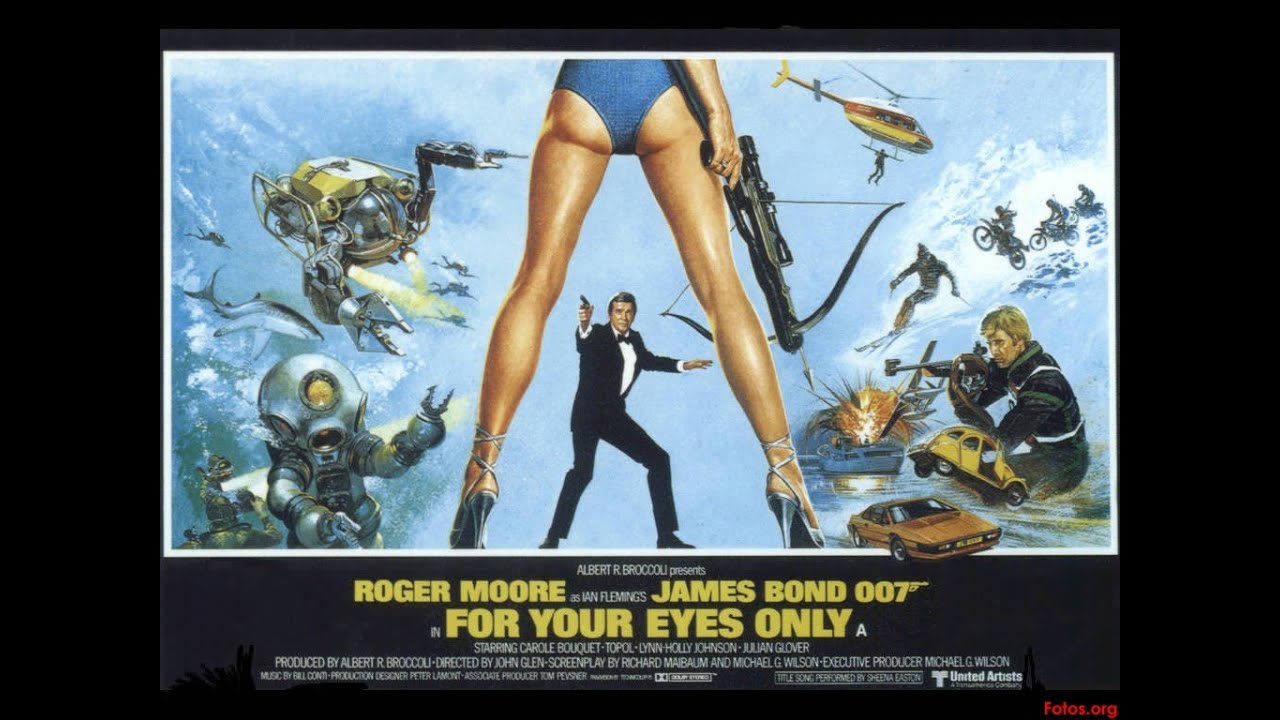
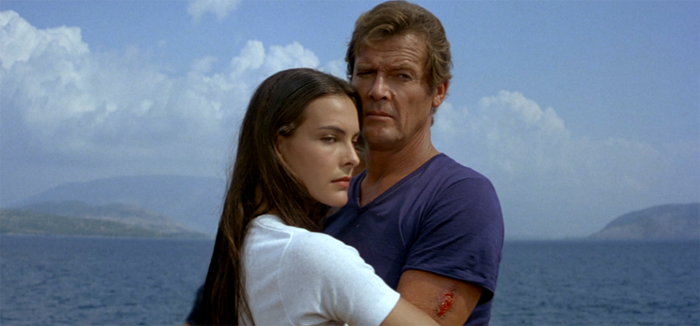
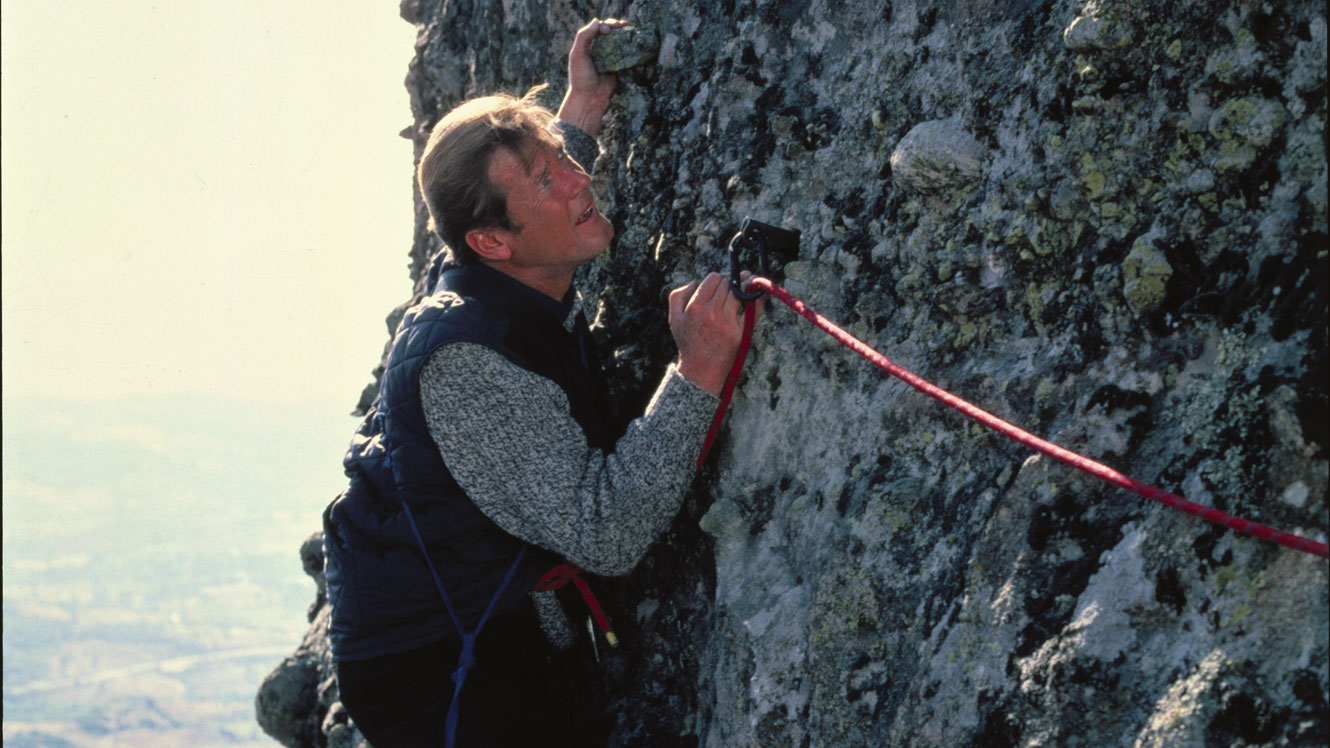
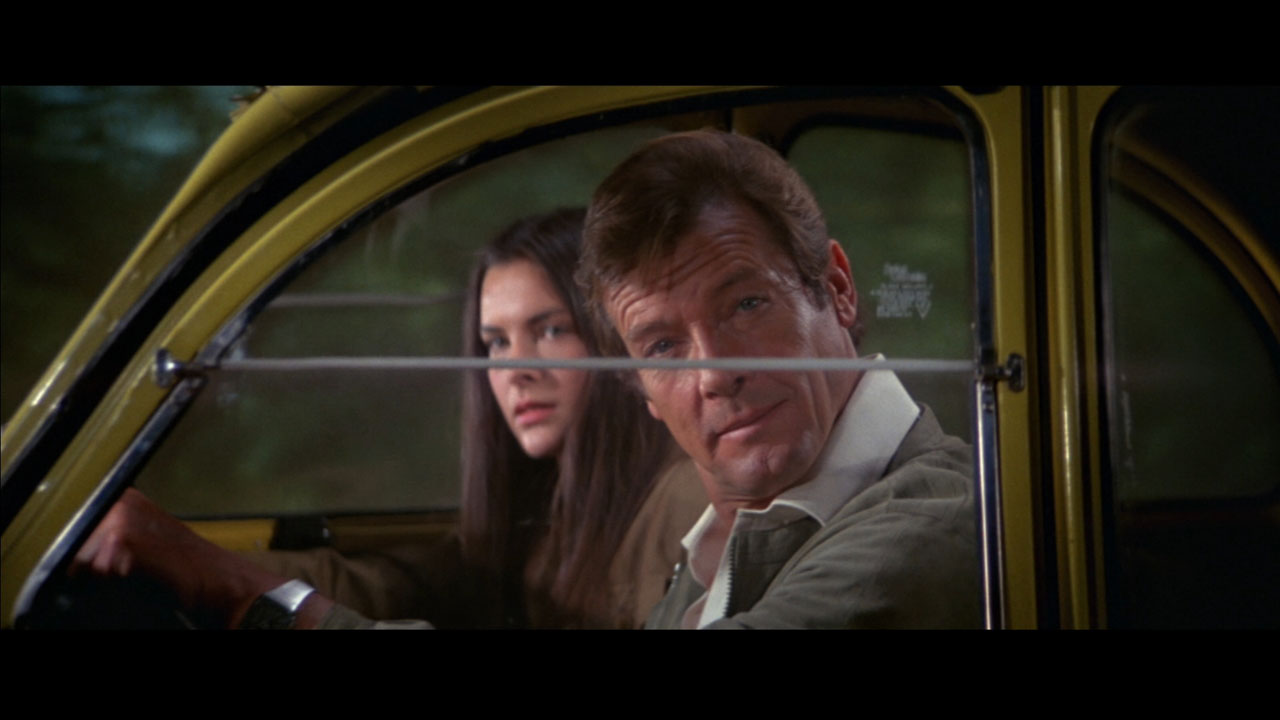
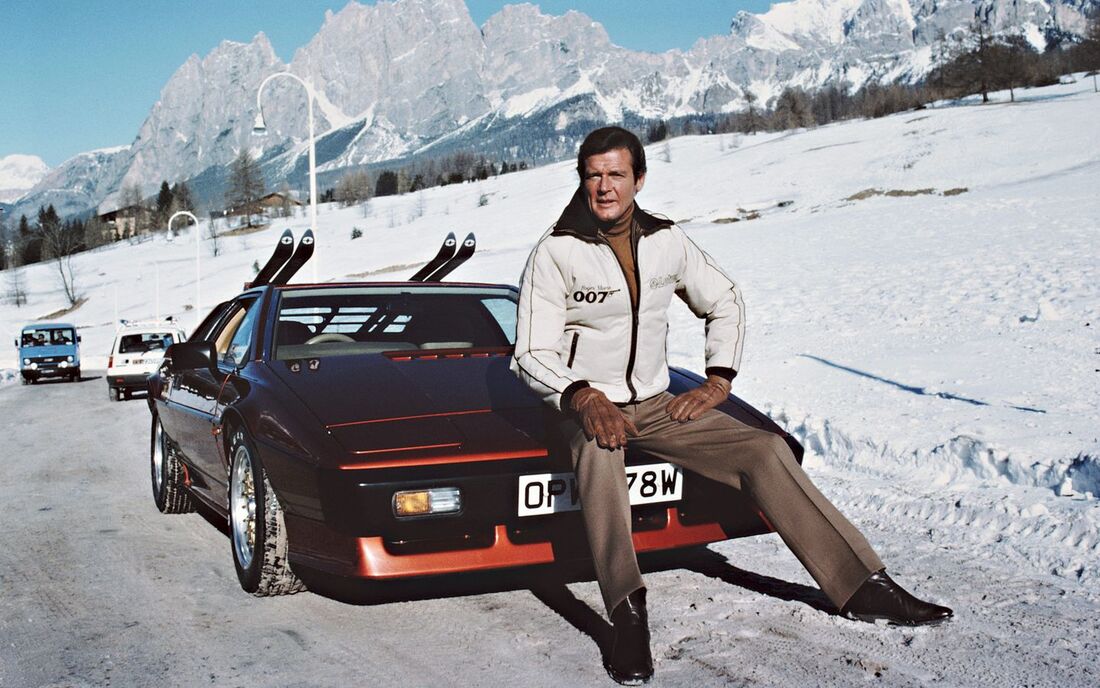
 RSS Feed
RSS Feed
